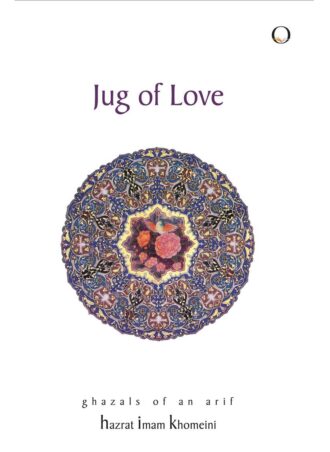Biography

Hazrat Imam Khomeini
Imam Ayatollah Seyed Ruhollah Musavi Khomeini (May 17, 1900 – June 3, 1989) was a Muslim cleric and Marja, and the political leader of the 1979 Islamic Revolution of Iran which overthrew Mohammad Reza Pahlavi, the last Shah of Iran. Following the Revolution, Imam Khomeini became Grand Leader of Iran — the paramount figure in the political system of the new Islamic Republic — until his demise. Imam Khomeini was also a highly-influential and innovative Islamic political theorist, most noted for his development of the theory of velayat-e faqih, the "guardianship of the jurisdictional."
Sayyid Ruhollah Mūsavi Khomeini (24 September 1902 – 3 June 1989), known in the Western world as Ayatollah Khomeini, was an Iranian Shia Muslim religious leader, philosopher, revolutionary, and politician. He was the founder of the Islamic Republic of Iran and the leader of the 1979 Iranian Revolution that saw the overthrow of the Pahlavi monarchy and Mohammad Reza Pahlavi, the last Shah of Iran. Following the revolution, Khomeini became the country's Supreme Leader, a position created in the constitution of the Islamic Republic as the highest-ranking political and religious authority of the nation, which he held until his death.
He was succeeded by Ali Khamenei on 4 June 1989. He spent more than 15 years in exile for his opposition to the last Shah. Khomeini was known for his support of the hostage takers during the Iran hostage crisis. He has also been lauded as a "charismatic leader of immense popularity", a "champion of Islamic revival" by Shia scholars, who attempted to establish good relations between Sunnis and Shias, and a major innovator in political theory and religious-oriented populist political strategy.




